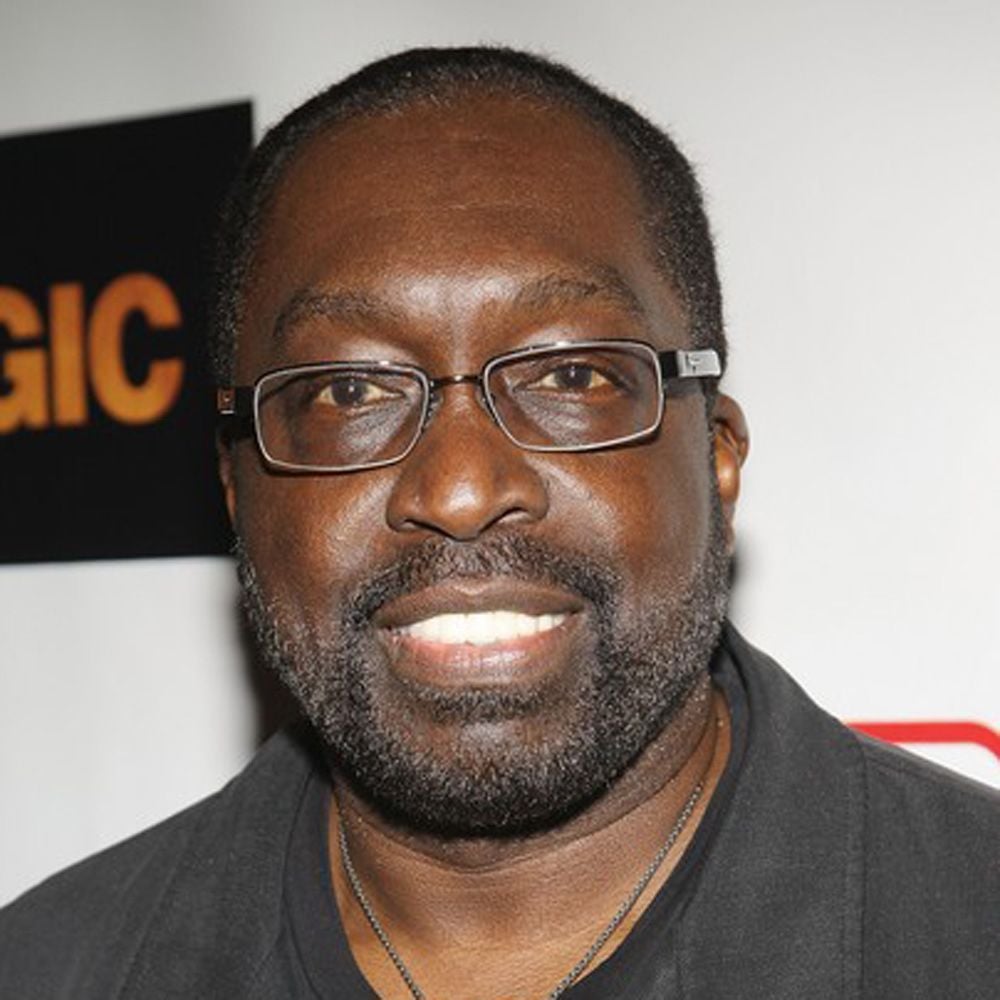
Morgan's aversion to speculative ventures.Īs one might imagine, the history of the House of Morgan involves many controversies. The contrast between these eras is particularly evident with Morgan's because of J. The author exploits the interesting contrast between earlier years when banking, conducted under the "Gentleman Banker's Code," was governed by propriety and today's environment of hostile takeovers where the bank's loyalties are more transient and scandals are a common occurrence. More recently, government intervention and increased competition have led the bank to diversify into more speculative activities such as trading and hostile takeovers.


Ron Chernow talked about his biography, Washington: A Life, published in October 2010 by Penguin Press.Ron Chernow's book describes the evolution of financial markets from the perspective of one of its most enduring institutions, "The House of Morgan." His approach is apt: in its early years, Morgan's played a major role in defining the nature of investment banking. In 1990, he won the National Book Award for his first book, The House of Morgan: An American Banking Dynasty and the Rise of Modern Finance. Chernow is the author of five other books including biographies of Alexander Hamilton and John D. The book is dedicated to his wife, Valerie, who died in 2006. The book is billed as “the first large-scale, single volume, cradle-to-grave narrative of George Washington.” Ron Chernow spent six years writing this book which is just over 900 pages long.

This is the second of two parts of the interview.

Other issues included: the role Washington played in molding the office of the presidency his nominations to the Supreme Court and his attitude toward slavery. He talked about some of the relationships George Washington had, including Thomas Paine, Benedict Arnold, and John Hancock. T20:00:18-04:00 Ron Chernow talked about his biography, Washington: A Life, published in October 2010 by Penguin Press.


 0 kommentar(er)
0 kommentar(er)
